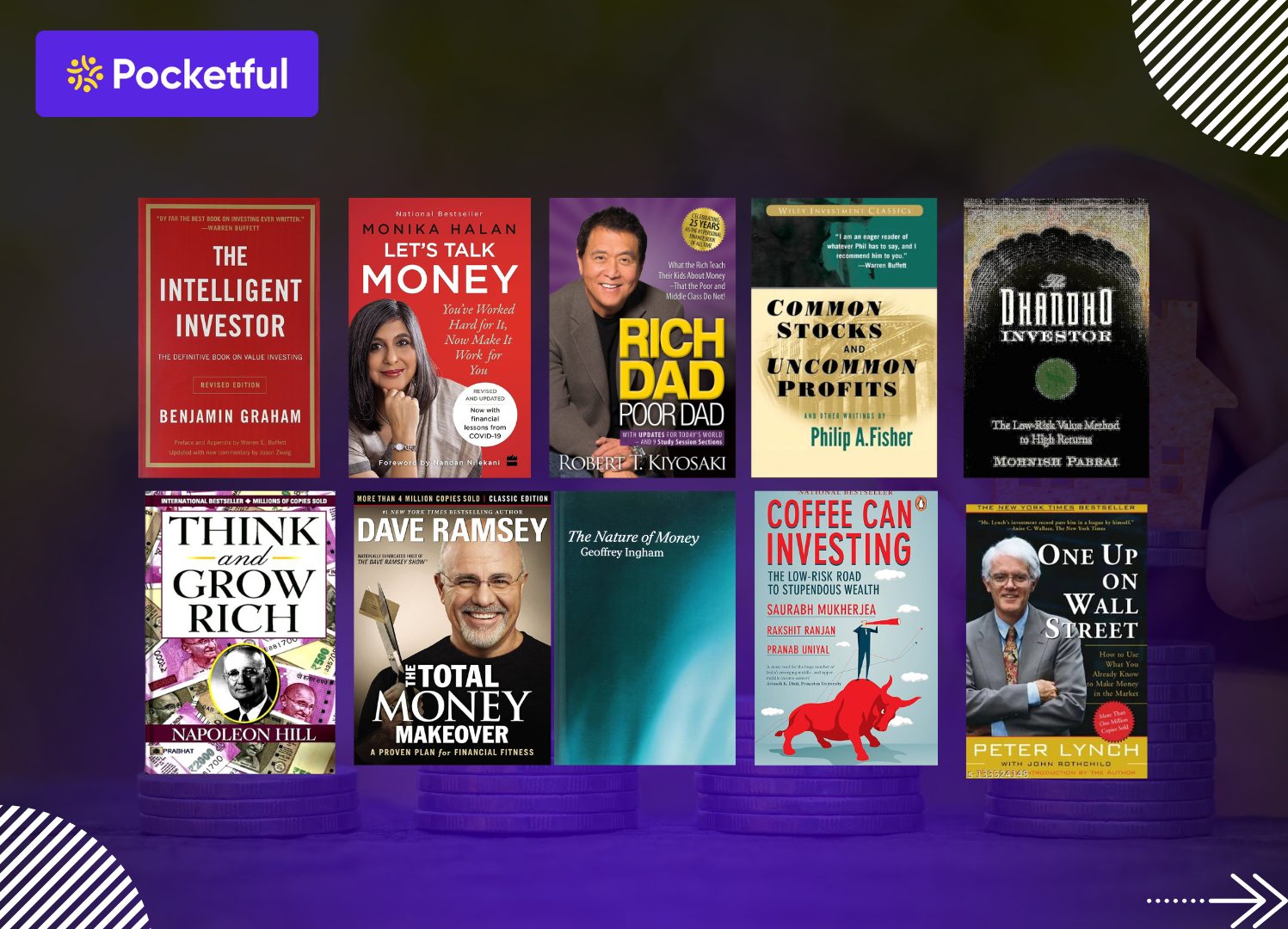Mastering personal finance is key to building wealth, avoiding debt, and achieving financial freedom. The right books can transform your mindset and guide you toward smarter money decisions. Here, we’ve handpicked the 10 best personal finance books that offer timeless strategies and practical insights to help you take charge of your financial future.
In this blog, we will give you an overview of the top 10 personal finance books.
Top 10 Personal Finance Books
| S.No. | Book Name | Year | Author | Rating (Goodreads) |
|---|---|---|---|---|
| 1 | The Intelligent Investor | 1949 | Benjamin Graham | 4.3 |
| 2 | Let’s Talk Money | 2018 | Monika Halan | 4.3 |
| 3 | Rich Dad Poor Dad | 1997 | Robert T. Kiyosaki | 4.1 |
| 4 | Common Stocks and Uncommon Profits | 1958 | Philip A. Fisher | 4.2 |
| 5 | The Dhandho Investor | 2007 | Mohnish Pabrai | 4.3 |
| 6 | The Nature of Money | 2011 | Geoffrey Ingham | 3.9 |
| 7 | One Up on Wall Street | 1989 | Peter Lynch | 4.3 |
| 8 | Think and Grow Rich | 1937 | Napoleon Hill | 4.2 |
| 9 | Coffee Can Investing | 2018 | Saurabh Mukherjea | 4.2 |
| 10 | The Total Money Makeover | 2003 | Dave Ramsey | 4.3 |
Overview of the Top Personal Finance Books
1. The Intelligent Investor
This book was written by Benjamin Graham and was published in 1949. Benjamin Graham is known as the father of value investing. In this book, he explains key characteristics of an investor that separates them from a speculator. The book emphasises long-term investing and suggests that an intelligent investor ignores the mood of the market and only trades when there are favourable prices. He said investing is not a get-rich-quick scheme but a serious business. Considered a must-read by many, The Intelligent Investor remains one of the most influential finance books ever written.
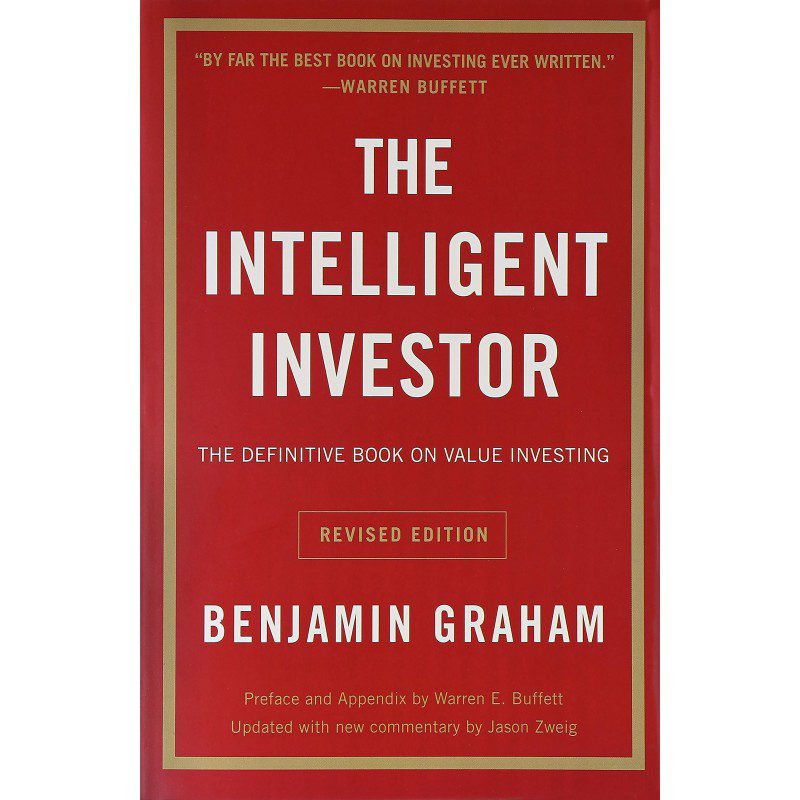
2. Let’s Talk Money
The book was written by Monika Halan, who is a renowned financial journalist. The book is divided into three parts: building the foundation of a financially sound life, creating wealth, and getting wealthy. This book is written in an easy to understand language that can help an individual make informed decisions related to different stages of life. She covers essential topics such as budgeting, emergency funds, insurance, retirement planning, and choosing the right investment products suited to individual goals and risk profiles.
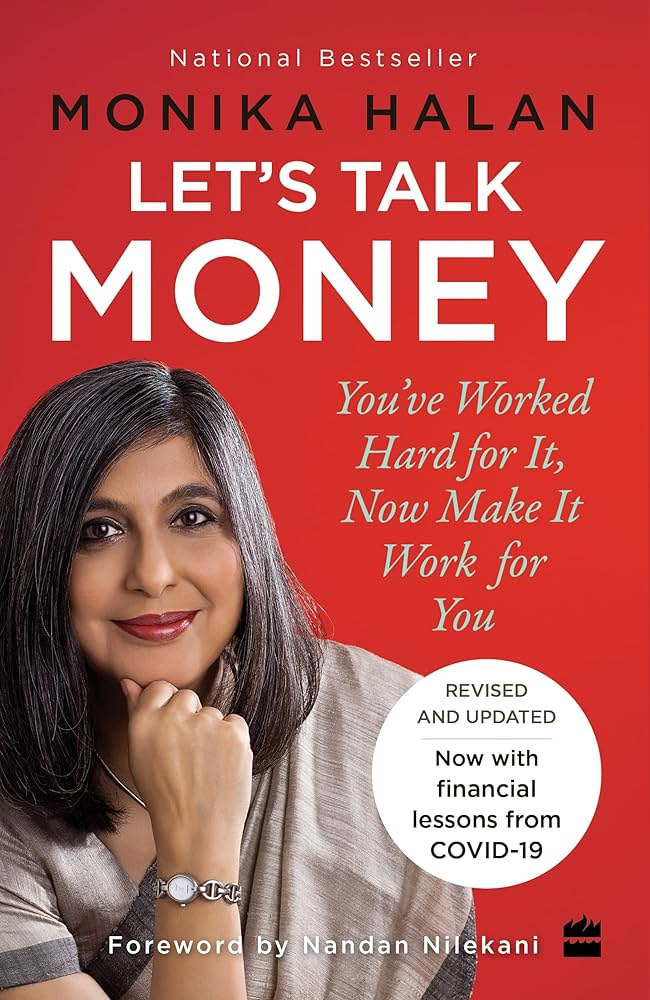
3. Rich Dad Poor Dad
This book was written by Robert T. Kiyosaki and was published in 1997. In this book, the author has explained his life experience of the difference in mindset between his biological father, who was poor and the father of his best friend, who was very rich. Through their contrasting approaches to money, he highlights the difference in mindset between working for money and making money work for you. Kiyosaki encourages readers to break free from the traditional cycle of earning, spending, and saving, and instead focus on building assets that generate passive income. This book emphasises how financial literacy and self-belief help you in creating wealth.
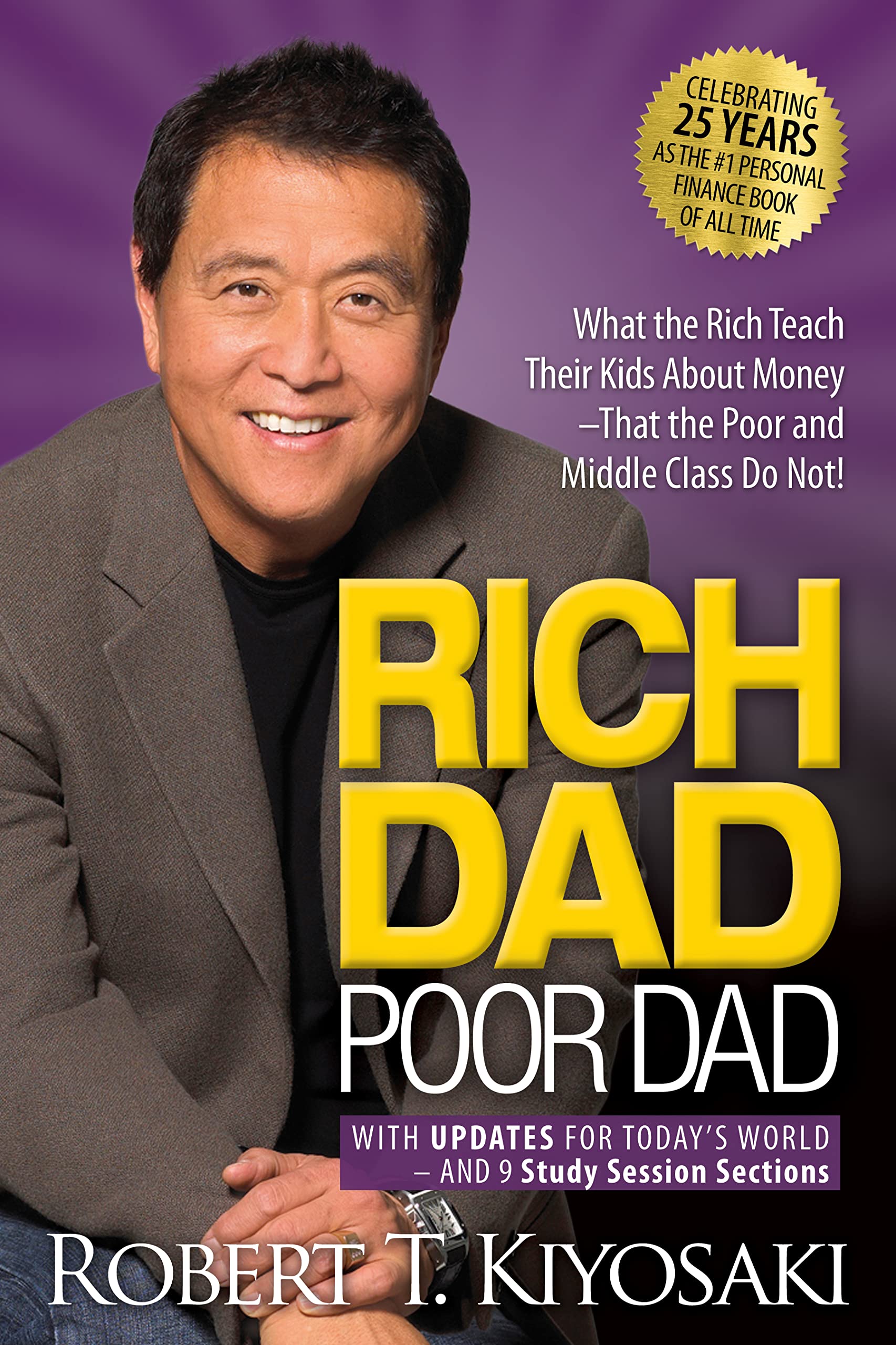
4. Common Stocks and Uncommon Profits
The book was first published in 1958 and was written by Philip A. Fisher. In this book, Fisher focuses on a growth-oriented approach to investing, which was based on qualitative analysis, i.e., analysing company’s management, its capacity for innovation, competitive advantages, and long-term vision. It remains a must-read for anyone interested in growth investing and learning how to identify outstanding companies before they become widely recognized.
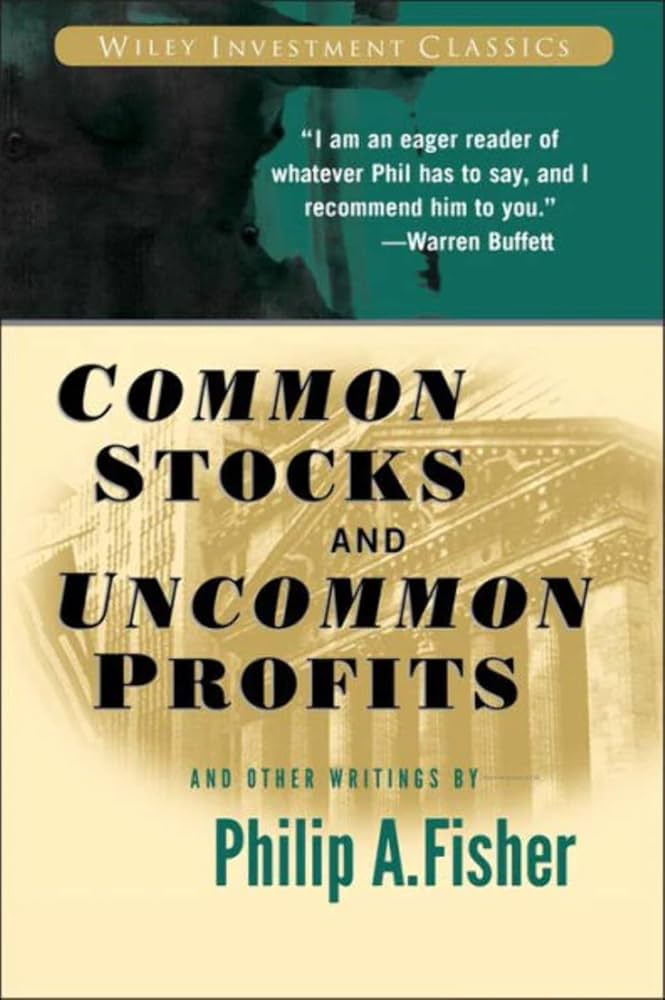
5. The Dhandho Investor
The book was written by Mohnish Pabrai, who was the founder of Pabrai Investment Fund. The book was published in 2007. The writer introduces the “Dhandho” approach of investing, which means investing in simple, predictable businesses. According to the book, one should not invest in futuristic ideas; instead, invest in businesses which have a proven track record. The principles of investing discussed in this book are similar to those used by Benjamin Graham and Warren Buffett.
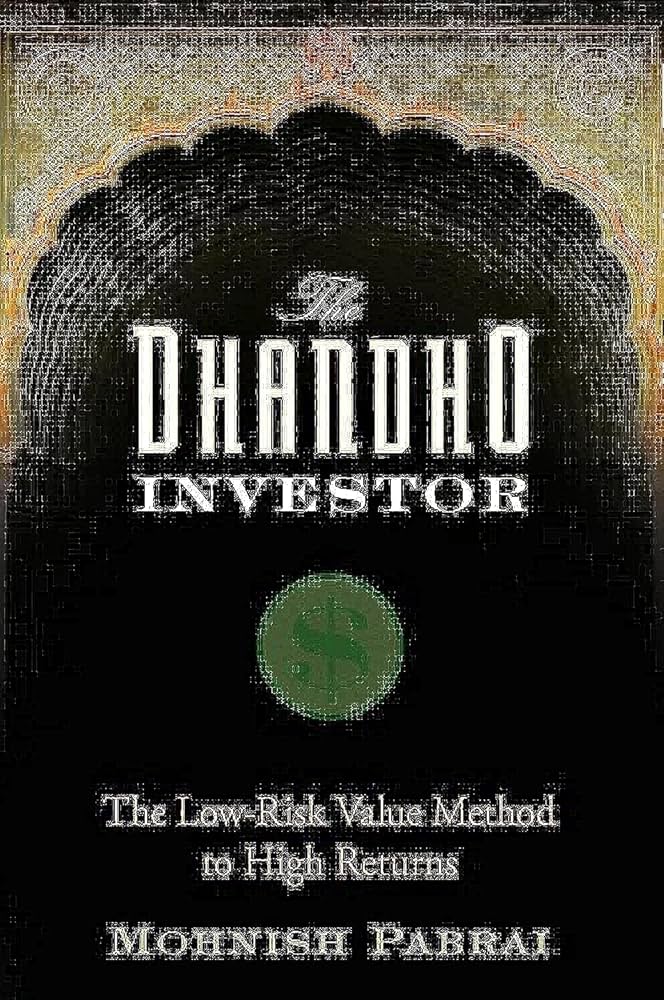
6. The Nature of Money
Written by Geoffrey Ingham and published in 2004, this book offers a unique and thought-provoking perspective on what money truly is. Ingham challenges the traditional economic view of money as merely a neutral medium of exchange. Instead, he explores money as a social construct, emphasizing its role in shaping relationships of credit and debt within society. This book dives deep into the sociology and politics behind money, providing readers with a richer, more nuanced understanding of how modern financial systems operate. It’s an essential read for anyone interested in exploring the foundations of money beyond conventional economic theories.

7. One Up on Wall Street
This book was written by Peter Lynch and published in 1989. Peter Lynch is a successful mutual fund manager. He managed various Fidelity Magellan Funds from 1977 to 1990, and achieved an annualised return of 29%. In this book, he emphasises the importance of daily observation of individual investors, which they can use to find common and promising investment opportunities. Focusing on the principle of “Invest in what you know”, the author believes that anyone can discover great stocks before they’re widely recognized by analysts.
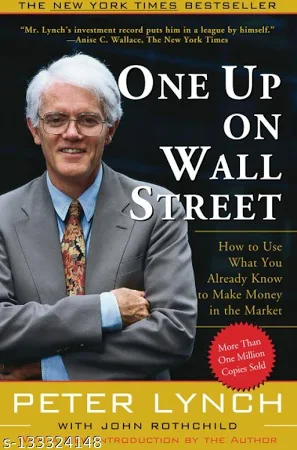
8. Think and Grow Rich
This book was published in 1937 and was written by Napoleon Hill. Based on decades of studying the habits and mindsets of highly successful people, the book is much more than a guide to earning money; it’s a blueprint for achieving success in any area of life. Napoleon interviewed several successful people and found some common characteristics, which are mentioned in the book. Once you finish reading this book, you will get to learn the psychology of creating wealth.
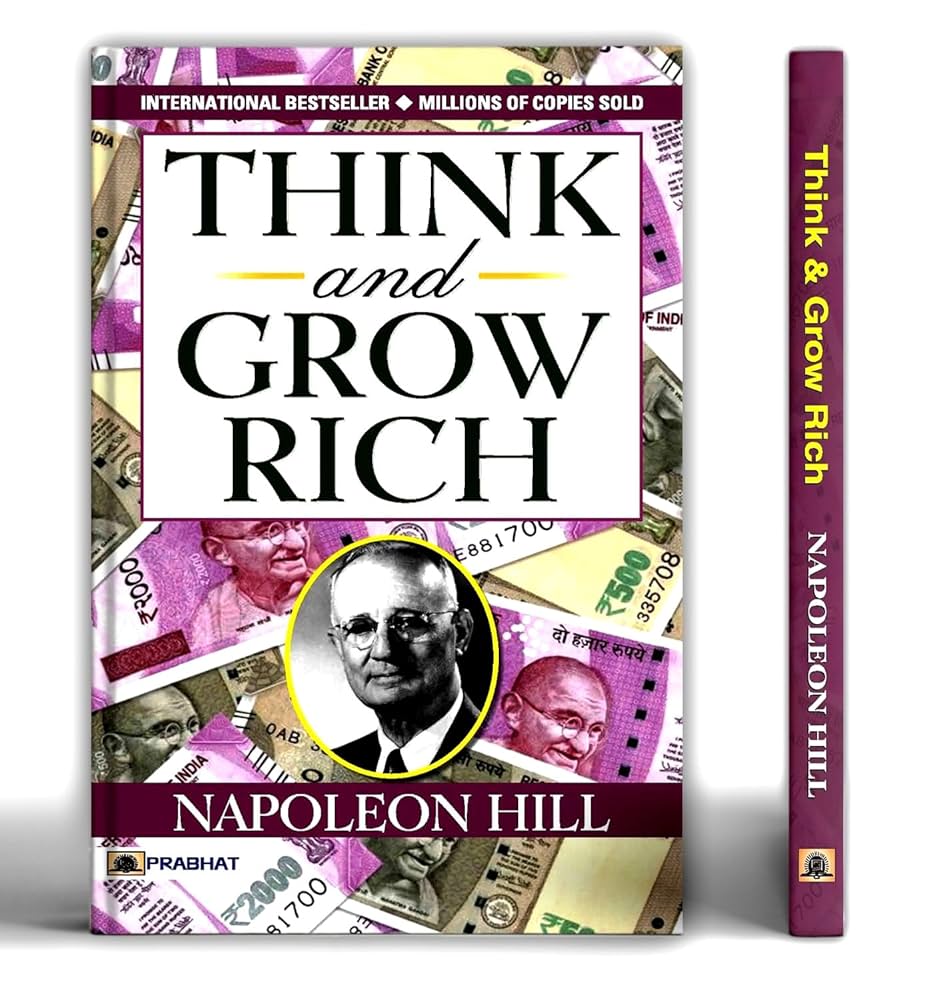
9. Coffee Can Investing
The book was written by Saurabh Mukherjea, Rakshit Ranjan, and Pranab Uniyal, and it was published in 2018. In this book, the authors discusses a long-term approach to wealth creation, especially tailored for Indian investors. The authors introduce the concept of “Coffee Can Investing,” inspired by an old American practice where people would stash valuable possessions in a coffee can and forget about them for years. In investing terms, this means identifying high-quality, fundamentally strong stocks and holding them untouched for at least 10 years.
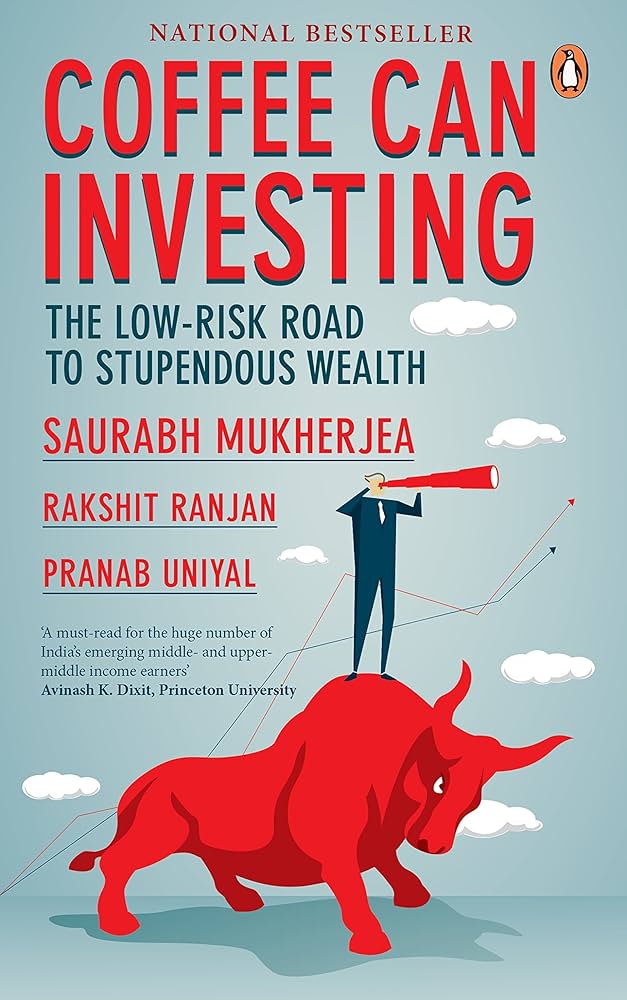
10. The Total Money Makeover
The book was first published in 2003 and was written by Dave Ramsey. The book provides steps to get out of debt and build wealth. Ramsey emphasizes that successful money management is 80% behavior and the remaining 20% consists of knowledge. The author discusses a “Debt Snowball” method of repaying their smallest debts first, building momentum towards saving and investing, allowing you to eliminate debt and achieve financial freedom.
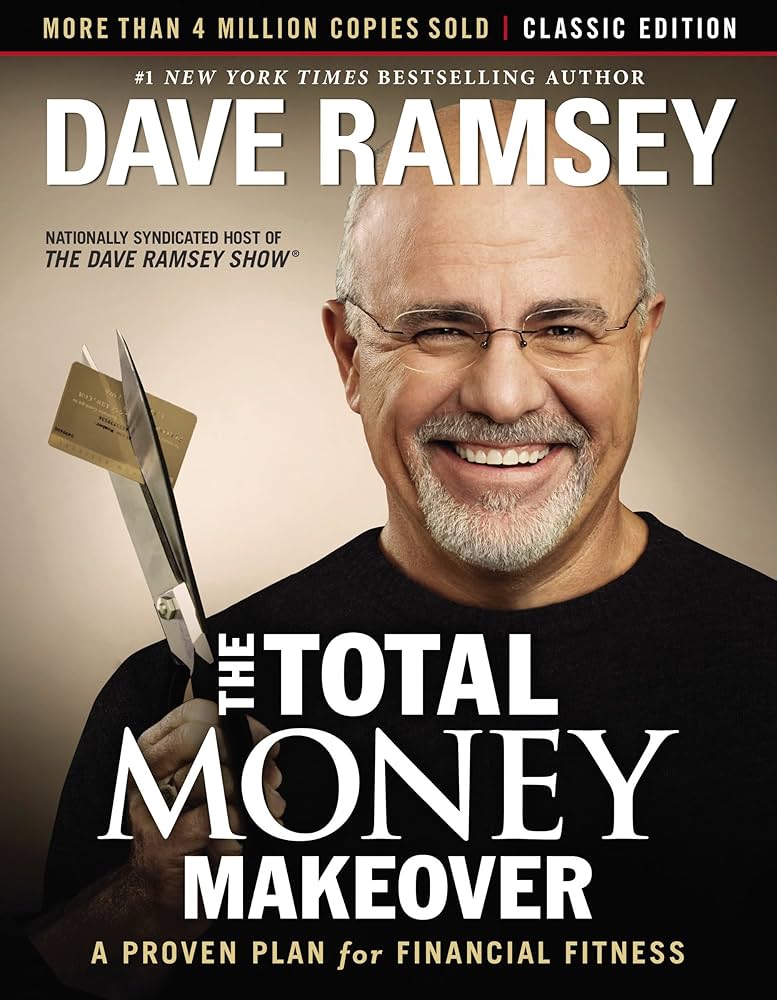
Why should one read Personal Finance Books?
There are various reasons why one should read a personal finance book, a few of which are mentioned below:
- Avoiding Debt Traps: Reading books allows you to manage your debt efficiently. These books can help you reduce debt, create realistic budgets and build a more secure financial future.
- Long Term Wealth Creation: Reading books helps you create wealth over a while by teaching you the importance of disciplined investing.
- Change in Mindset: Many people avoid investing early in life, missing out on substantial gains from the power of compounding. Books help them in understanding the concept of compounding.
- Financial Freedom: Reading books regularly allows you to attain financial freedom at an early stage and provides you with peace of mind.
Conclusion
While earning money is challenging, managing it wisely requires even greater skill and discipline. Many seasoned investors have shared their experiences through books, offering valuable insights on navigating the market and aligning your investments with your financial goals and risk tolerance. However, it’s important to remember that these books provide general guidance and should not be seen as direct investment advice. Always consult a qualified financial advisor before making any investment decisions.
Frequently Asked Questions (FAQs)
Which is the best book on personal finance?
There are various books available through which one can learn the art of investing; however, one can start with “The Intelligent Investor” written by Benjamin Graham.
Is there any book that can help me get out of debt?
Yes, books like “The Total Money Makeover” focus on budgeting and managing your debt.
Do I need to have a financial background to read personal finance books?
No, you do not need to have a financial background to understand the concepts discussed in the personal finance books, as they are written in simple language and explain the concept through real-world examples.
Where can I purchase personal finance books?
One can purchase personal finance books on online platforms such as Amazon, Audible, and Google Play Books.
Is there any personal finance book specifically for the Indian audience?
Yes, there are various books written by various authors that can help an Indian investor in understanding the concepts of personal finance. Examples of such books are “Coffee Can Investing”, “Think and Grow Rich”, etc.
